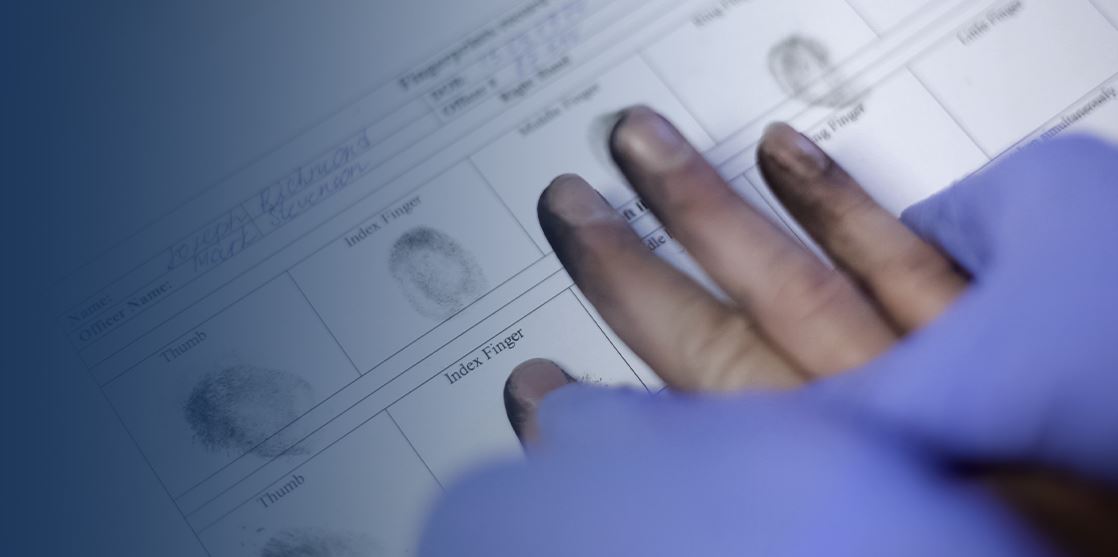When it comes to dealing with past criminal records, it’s important to understand the differences between expunged and sealed records. These terms are often used interchangeably, but they have distinct meanings and implications. In this comprehensive guide, we will explore the definitions, eligibility criteria, and benefits of expunged and sealed records. Whether you’re seeking a fresh start, better job prospects, or improved housing opportunities, this article will provide the information you need to make informed decisions.
Expunged Records: A Clean Slate
Let’s begin by examining the concept of expunged records. When a criminal record is expunged, it means that the record is completely cleared from both private and public databases. The court issuing the expungement order directs all relevant public offices to destroy any records associated with the case. Expungement provides individuals with a fresh start by erasing any evidence of their past criminal history. However, it’s important to note that expungement is not available at the federal level for federal crimes. Additionally, it is generally prohibited for sex offenses.
The eligibility for expungement varies from state to state, and it is essential to understand the criteria specific to your jurisdiction. Generally, the state in which the record exists and its criteria for eligibility play a significant role in determining whether a criminal case can be expunged. Some states, like Minnesota, use the term “expungement” to actually mean sealing your record, so it’s crucial to be aware of the terminology used in your state.

Expungement is a valuable option for those seeking housing, better job prospects, educational opportunities, and more. By clearing your criminal record, you eliminate potential barriers that could hinder your future endeavors. However, it’s important to consult with a criminal defense attorney to understand the expungement process and the specific outcomes you can expect.
Sealed Records: Hidden from Public View
While expunged records are completely eliminated, sealed records are hidden from public view but can still be accessed by certain government and law enforcement agencies with a court order. When a record is sealed, it is not readily available to the general public, giving individuals some level of privacy. However, it’s important to note that certain organizations, such as the FBI or local law enforcement, may still have access to sealed records, particularly during specific circumstances such as ongoing investigations or when a prior conviction enhances a new charge.
The process and criteria for sealing a record, as well as the conditions for unsealing it, depend on the jurisdiction in which the arrest or conviction occurred. While sealing a record can offer some level of confidentiality, it’s crucial to understand that it does not entirely erase the record, and some organizations may still be able to see that a criminal offense exists on your record.
Expunged vs. Sealed Records vs. Pardons: Understanding the Differences
To fully grasp the implications of expunged and sealed records, it’s important to differentiate them from pardons. Expungement and sealing do not excuse or forgive the criminal conduct; they merely clear or hide the record from public view. On the other hand, a pardon for a crime does excuse the conduct and typically follows a conviction and sentence. A pardon can remove or decrease the penalties faced by the criminal defendant.
It’s important to carefully consider the pros and cons of expunged and sealed records. The decision between the two options may depend on various factors such as cost, process, need for legal representation, and timeline of completion. Consulting with an attorney who specializes in criminal defense can help you navigate through the complexities and make an informed decision regarding the best course of action for your specific situation.

Eligibility for Expungement and Sealing
Whether a criminal record can be expunged or sealed depends on several factors, including the jurisdiction in which the record exists and the specific criteria set by the state. It’s essential to understand the eligibility requirements before pursuing either option. Let’s take a closer look at the eligibility criteria for expungement and sealing records.
Expungement Eligibility
The eligibility criteria for expungement vary from state to state, but there are some common factors to consider. In many states, a certain amount of time must pass following an arrest before it becomes eligible for expungement. Other states may have specific criteria that need to be met, such as completing probation or rehabilitation programs successfully.
The types of convictions that can be expunged also differ among states. While some states allow expungement of certain misdemeanors or gross misdemeanors, felony convictions are often not eligible. Additionally, offenses like domestic violence or traffic violations may not be eligible for expungement in some states.
It’s important to note that expungement of juvenile records also varies based on state law. While most states provide confidentiality for juvenile records, the ability to expunge or seal them depends on the specific laws of the state in question.
Sealing Eligibility
Similar to expungement, the eligibility criteria for sealing a record vary depending on the jurisdiction. Some common factors that affect sealing eligibility include the nature of the offense, the outcome of the case, and the individual’s criminal history.
In some states, a person can request to have their arrest record sealed and destroyed if they were never charged with a crime or if the charges against them were dismissed. Sealing is often available for individuals who have been acquitted at trial. However, it’s important to consult with an attorney to understand the specific sealing eligibility requirements in your jurisdiction.
State-Specific Examples: Arizona and California
To provide a clearer understanding of the expungement and sealing processes, let’s examine some state-specific examples.
Expungement and Sealed Records in Arizona
In Arizona, expungement is not available for all criminal records. However, the state does permit the expungement of certain marijuana offenses. Alternatively, individuals with a criminal record in Arizona can obtain a “set aside” or potentially seal their record. It’s important to note that a “set aside” does not clear or hide a conviction but rather indicates that the individual has completed all penalties associated with the crime. Understanding the available options in your state is crucial in pursuing the most appropriate course of action.

Expungement and Sealed Records in California
In California, individuals who have been arrested or convicted can seek to seal their record through a petition for dismissal. This process, often referred to as expungement, allows individuals to have their criminal records sealed and potentially expunged. Starting July 1, 2023, California residents will have the opportunity to petition for the sealing and expungement of certain criminal records under SB-731, known as the “clean slate law.” This new legislation aims to provide individuals with a fresh start by clearing their criminal records.
Clean Slate Laws: Automatic Expungement
Several states have implemented clean slate laws that automatically expunge certain criminal records. These laws are designed to provide individuals with a clean slate by automatically removing eligible offenses from their records. States such as Connecticut, Delaware, Michigan, Pennsylvania, Utah, and Colorado (starting in 2024) have enacted clean slate laws. It’s important to note that these laws typically apply to misdemeanor and non-violent offenses, and individuals convicted of serious crimes or sex offenses are generally not eligible. Clean slate laws often provide offenders with an opportunity for a fresh start by allowing their offenses to “fall off” their record automatically after a specific waiting period.
The Benefits of Expunged and Sealed Records

Expunged and sealed records offer numerous benefits to individuals seeking to move forward with their lives. By clearing or hiding past criminal conduct, these options can limit exposure of your criminal history on job applications, lease agreements, and background checks. They provide an opportunity to present yourself in a more positive light, increasing the likelihood of securing employment, housing, and educational opportunities.
It’s important to explore the available options in your jurisdiction and consult with a criminal defense attorney to determine the best course of action. Each state has specific laws and procedures that govern the expungement and sealing processes, and professional legal advice can help you navigate through the complexities and make informed decisions.
Conclusion
Understanding the differences between expunged and sealed records is crucial for individuals seeking a fresh start and improved opportunities. Expungement offers a complete clearance of criminal records, while sealing provides some level of privacy by hiding records from public view. The eligibility criteria and processes vary by state, and it’s essential to consult with a criminal defense attorney to determine the best course of action.
Expunged and sealed records can open doors to better housing, job prospects, and educational opportunities. They allow individuals to move forward with their lives without the burden of a past criminal history. By exploring the options available in your jurisdiction and seeking professional legal advice, you can take the necessary steps towards a brighter future.
